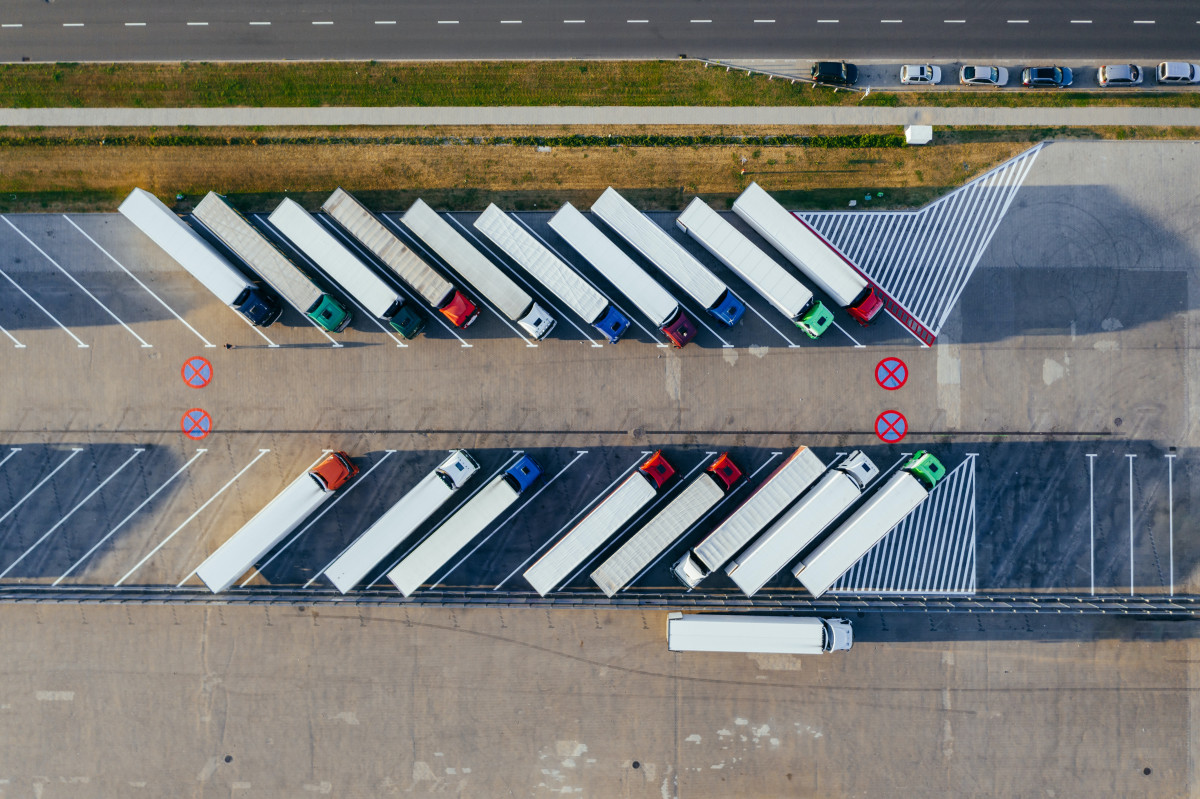The year 2021 will have brought Fleet Management significant technological improvements that will have cascaded down from the customer, paving the direction for driverless cars and more capable vehicle tracking systems. All the above factors have improved the requirement for GPS tracking devices and software as a service, which is why the global demand for telematics software and service has outgrown to beyond US$72 billion.
In 2021, will you still be on 3G?
Telstra has announced the closure of their 3G network, and with it the challenge to get the best fleet GPS tracking solutions in place” said Mr.Ash Phayer, General Manager of Telemax. “It is imperative that fleet managers and operators stay ahead with technology in order to meet the challenges effectively. 4G is not new in terms of its adoption but it is new as far as Fleet Management and telematics goes and hence, fleet managers are left with no other option but to upgrade their gps tracker in time for better efficiency, connectivity and safety.
Telematics and Big Data
Although they are both individually beneficial, the collaboration of telematics and big data in real-time will be imperative in the future of fleet management with cars and trucks. Big data is complicated but essentially defined as the large amount of data collected from any hardware or software system. With advanced predictive analytics, big data contains information from an organisation, analyses it, predicts its behaviour, and facilitates its proper implementation.
Due to big data's immense size and complexity, artificial intelligence (AI) or machine learning has become a necessary programming technology to analyse big data for patterns in the various fields ranging from finance to manufacturing. The combination of AI and machine learning yields "artificial general intelligence" which provides a mechanism.
Do you think vehicles should be autonomous?
The automotive industry has never undergone a reconstruction like the one they are going through now. The overhaul in climate, environment, and technology is changing the vehicle manufacturing sector's landscape. With greater energy efficiency and eco-friendliness being a high priority to vehicle manufacturers, a comfortable and non-risky way of doing it would be automation.
According to some industry experts, up to 90% of functions may be automated with complete vehicular automation possible by 2040, including self-driving vehicles. With the introduction of newer technologies, all modern cars can self-parking; automatically steering away from danger, monitoring engine parts for defects.
Data Security
Like a host of other industries, the landscape of fleet management is changing in the wake of digitisation. With both businesses and fleets being driven by data, there is a particular need for enhanced operational efficiency and improved investment returns from today’s fleets’ operation. Only when we can provide the right information to our clients can they make informed decisions, meet their goals, and be better equipped to compete with their peers.
At Telemax, we are continually working towards bringing forward solutions that will empower our clients with location transparency across their fleets. By helping them manage their assets effectively and develop meaningful insights from the data generated by their vehicles.
What do you think is the biggest mistake people make when driving?
An issue that is often overlooked by fleet owners, managers, and drivers of the vehicles. Everyone knows that aggressive driving can lead to accidents, tickets, and even deaths (as seen on the news). However, the effects of being an aggressive driver can be much more severe and costly than one might imagine.
Almost all new vehicles have built-in safety features and advanced driver assistance systems, not following guidelines while driving feels outdated. Intentional or not, many fleet companies are still operating with a mindset from decades past. As a result, they’re accustomed to permitting poor driver behaviour behind the wheel of their fleet vehicles. This violates their business model and contradicts how their customers expect them to conduct themselves in dealing.

